Iran blasts 'economic terrorism' after US sanctions Russia, China
Iran has condemned Washington's recent sanctions targeting Russia and China, urging the international community to stand against the US' "thuggish unilateralism" and "destructive economic terrorism".
Speaking on Friday, Foreign Ministry spokesman Abbas Mousavi slammed sanctions set down on Chinese firms for trading with Iran.
He said they were contradictory to UN Security Council Resolution 2231, which endorsed the 2015 Iran nuclear deal and encouraged economic trade with Tehran.
"The US government is punishing other countries for upholding the resolution which itself has voted in favor of," he said.
The US reimposed unilateral sanctions that had been lifted under the multilateral nuclear deal after it withdrew from the agreement last year.
Washington has since vigorously sought to sanction any entity conducting business with Iran.
Mousavi also criticized Washington's new sanctions on a Russian company and a number of individuals and entities on the pretext of "facilitating jet fuel shipments to Russian military forces in Syria" and cooperating with the legitimate government of Syria.
Speaking on Thursday, Russia's Deputy Minister of Foreign Affairs Sergei Vershinin had slammed the new sanctions as "unacceptable" and as "a continuation of the old American policy, based on unilateral sanctions."
The US has targeted entities conducting trade with Syria, doubling down on its previous economic measures against Damascus at the onset of the foreign-backed terror campaign that emerged in country in 2011.
Iran’s Foreign Ministry spokesman added that Washington's "overuse" of "economic terrorism" was not only damaging the interests of American citizens and companies, but was also undermining the international trade of "independent countries".
"The Islamic Republic of Iran, as the main victim of economic terrorism, condemns this destabilizing behavior," Mousavi said.
A case of 'classic terrorism'
Speaking on the sidelines of the 74th United Nations General Assembly session, Iran’s Foreign Minister Mohammad Javad Zarif described Washington's campaign of "maximum pressure" against Iran as a case of "classic terrorism".
He added that the economic sanctions target average Iranian citizens, blocking money transfers related to the acquirement of medical services and equipment, hurting the "most vulnerable segment" of Iran's society.
Many, including Iran's top diplomat, have, however, pointed to the ineffectiveness of US sanctions in undermining Iran's overall foreign trade.
Energy traders have pointed that many sanctioned firms trading with Iran have minor "overseas exposure", having little to fear from US sanctions and limiting potential application of sanctions on other entities and banking systems.
One of China’s largest state-backed oil companies transporting Iranian crude oil, the US sanctioned Zhuhai Zhenrong company, as an example, is said to be largely disconnected from the greater Chinese financial system.
Some observers have in fact expressed concern about the adverse effects of Washington's unilateral sanctions on its own economy, effectively pushing Tehran, Moscow and Beijing to form a "triple" alliance undermining the global US-led economic system.
Reacting to Washington's aggressive sanctions policy, Iran has in recent years signed special trade agreements ditching the US dollar in trade with Russia, China and other countries such as Turkey.
Minneapolis murders by ICE – backed by Trump – push US to the brink as protests intensify
Zelensky claims US security pact '100% ready' as war continues
Lebanese journalist tageted for exposing President Aoun’s pro-US, anti-resistance agenda
Wave of Israeli attacks target southern Lebanon in latest ceasefire violation
Iranian researchers develop indigenous software for precise satellite positioning
Iran vows deterrent response to any aggression amid US, Israeli threats
VIDEO | Press TV's news headlines
US pressure contributing to Israeli influence in Latin America: Experts


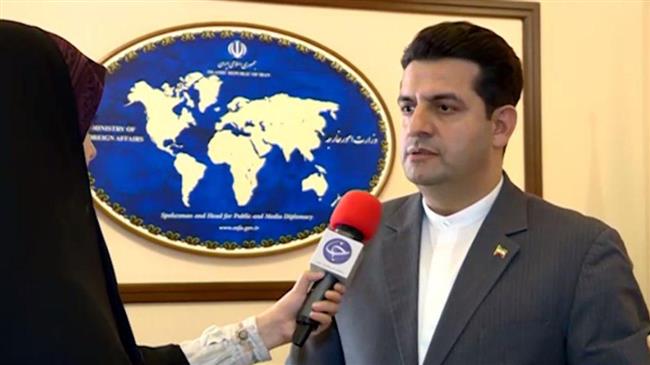




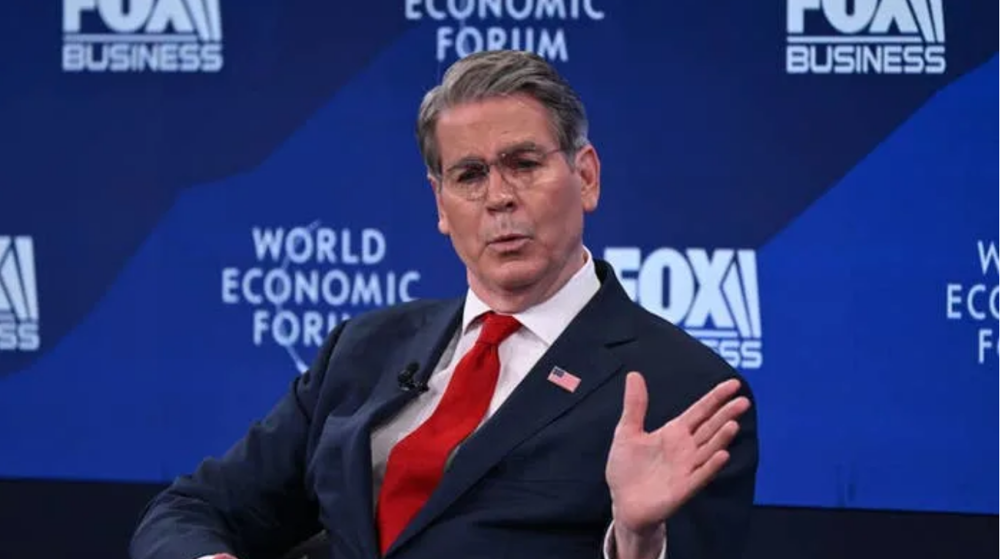
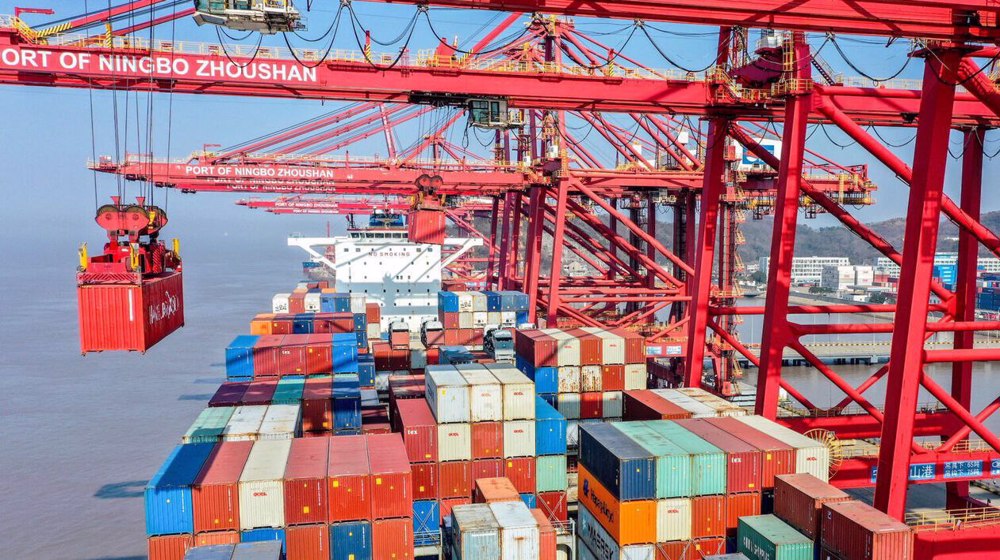



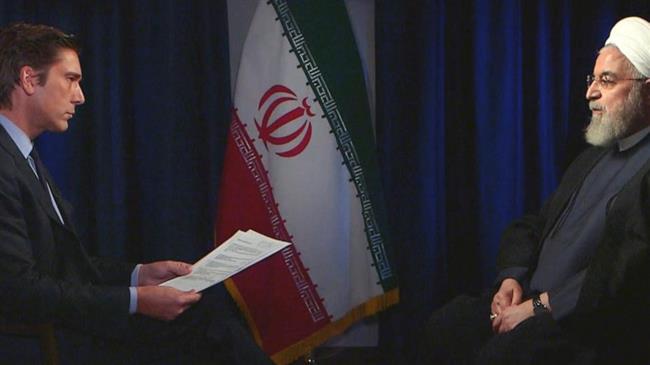
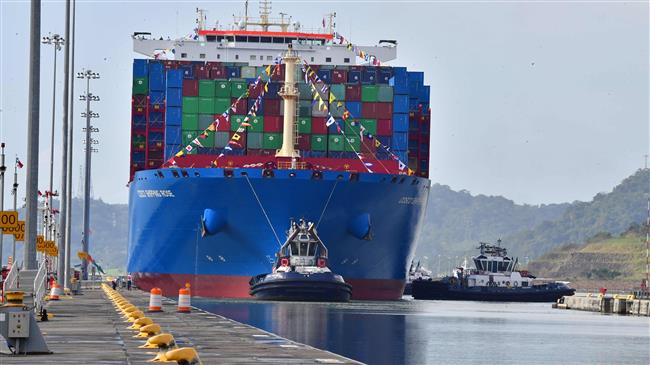

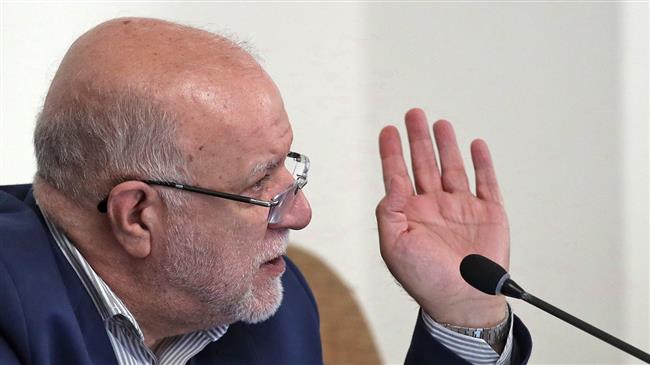
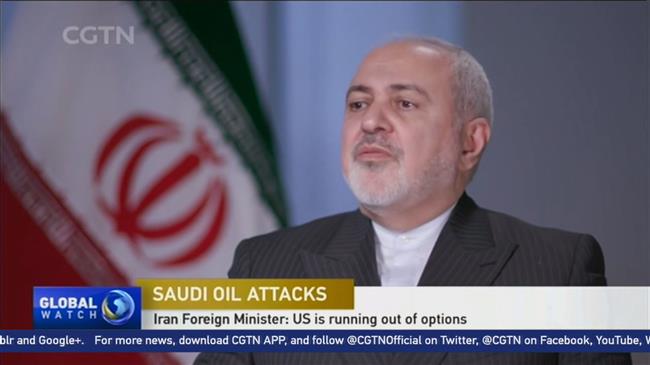


 This makes it easy to access the Press TV website
This makes it easy to access the Press TV website